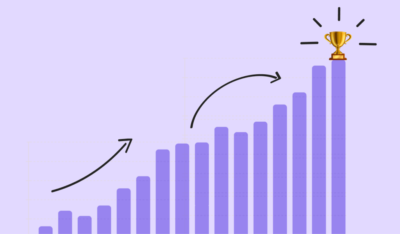Spotify Again Changing Its Tariffs Starting From The US

In the USA, the music streaming service Spotify has surprisingly introduced a new subscription plan. There is now less content for the same price. The same offer could soon follow in Europe.
Spotify continues to experiment with new tariffs
However, the whole thing is still a big experiment with user satisfaction with music and audio books. At the beginning of the year, Spotify introduced a subscription just for audio books in the USA and announced that it reserves the right to expand the offer to other countries.
In addition, there was previously a subscription level where you could stream unlimited music but only 15 hours of audio books. Now comes the second step: the use of audio books is being removed from the “regular” Spotify Premium plan in the USA. This means that users can only listen to music with the new basic plan, so the content is limited to the otherwise unchanged offer. Anyone who wants audio books will have to pay separately or more in the future.
Spotify has now brought the changes for the new subscription levels online and started marketing them. Another change is just around the corner, as Spotify confirmed earlier this month that it would increase the premium entry-level prices to $12 per month from July. There were rumors about this back in the spring. Now US customers can stick with their current $11 per month as long as they forego the audiobooks completely.
As far as we know, this change has to be made by the user themselves, because according to the Engadget, users have to switch to the audiobook-free level (“Spotify Basic”). This is already selectable. Customers will be informed of the changes and will now have to decide whether to stay or switch.
As a new customer, you can choose between subscriptions with (US$12) or without (US$11) 15 hours of audiobook selection or the pure, unlimited audiobook plan for US$10.
RS News or Research Snipers focuses on technology news with a special focus on mobile technology, tech companies, and the latest trends in the technology industry. RS news has vast experience in covering the latest stories in technology.













1 thought on “Spotify Again Changing Its Tariffs Starting From The US”
Comments are closed.